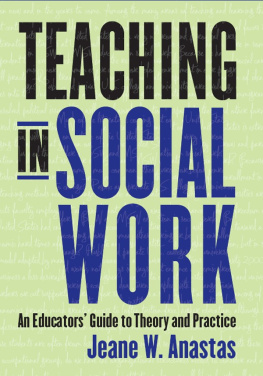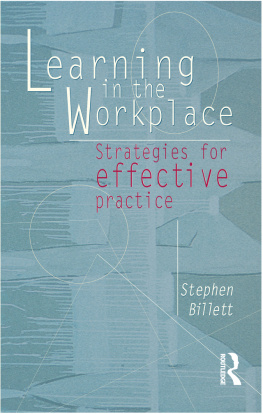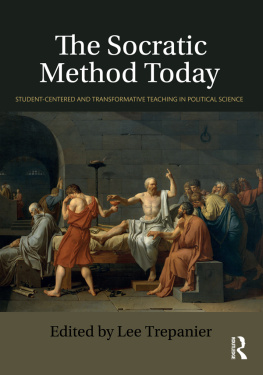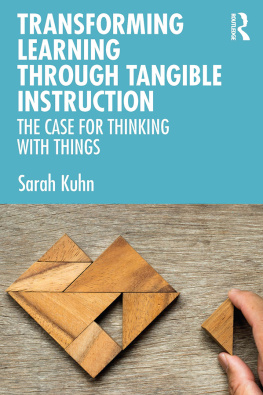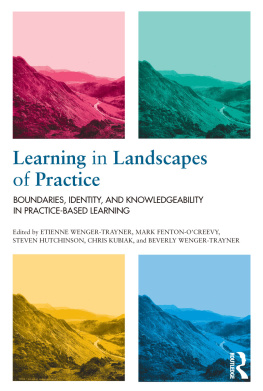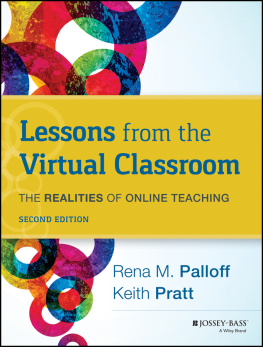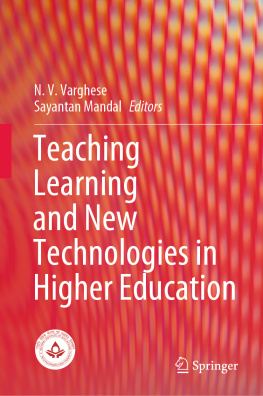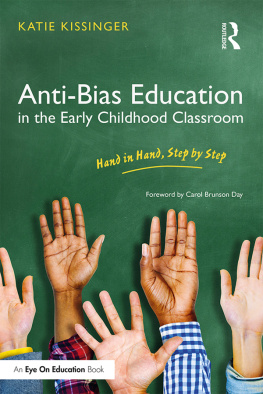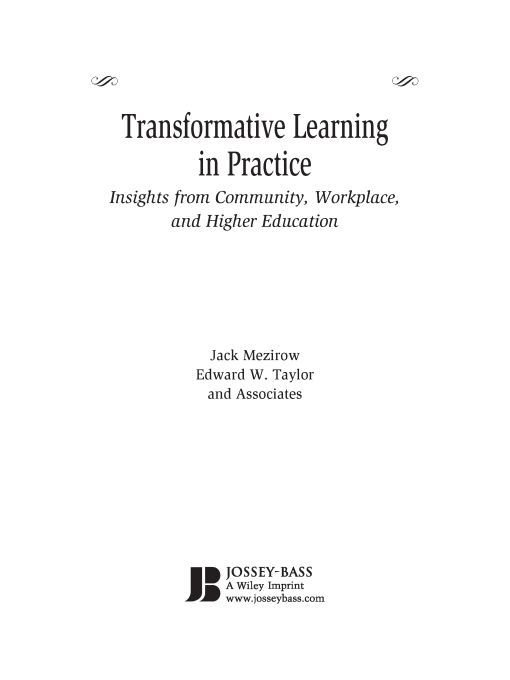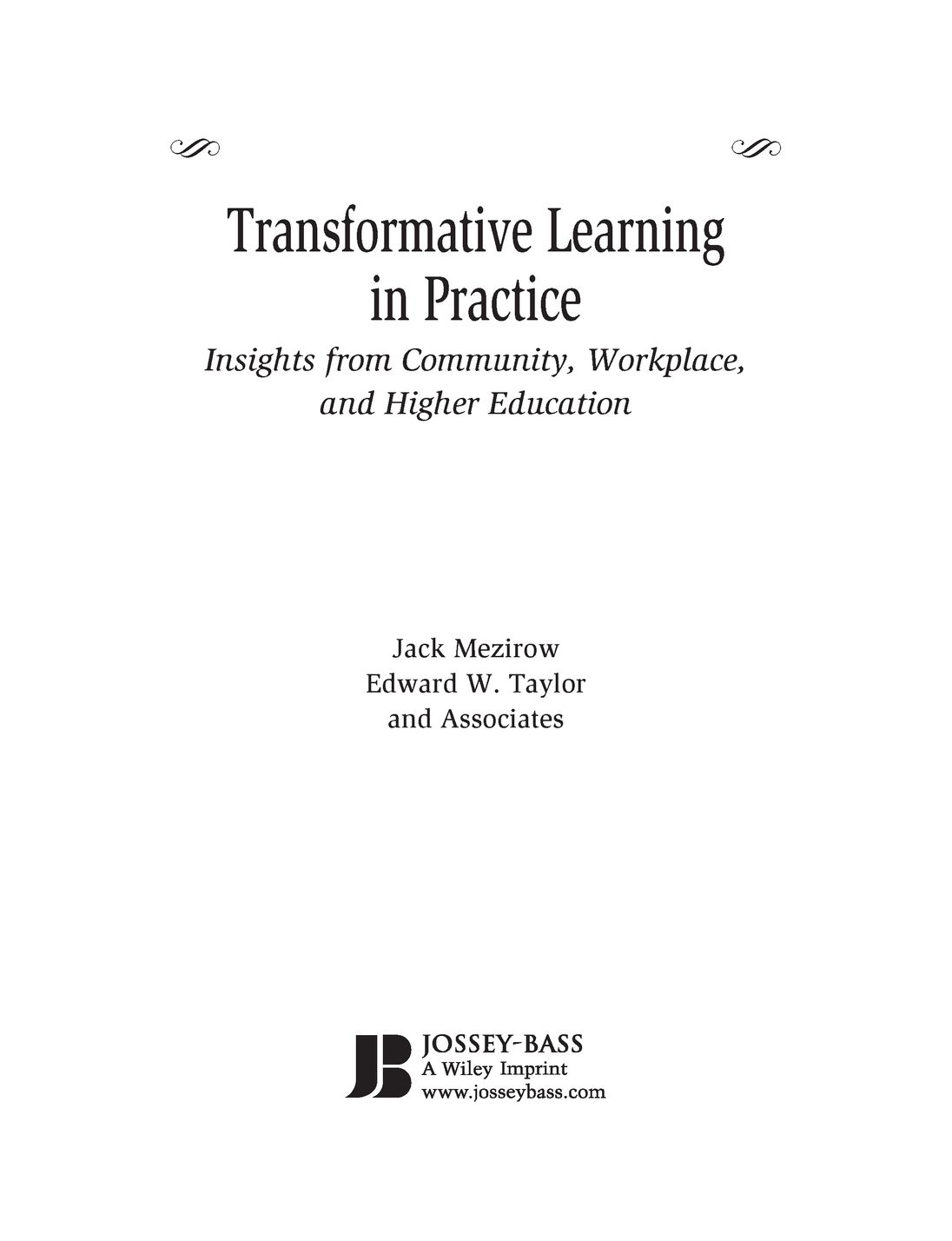Table of Contents
The Jossey-Bass Higher Education Series
PREFACE
In the past decade, interest has been growing in the field of adult education and higher education about the practice of transformative learning: an approach to teaching based on promoting change, where educators challenge learners to critically question and assess the integrity of their deeply held assumptions about how they relate to the world around them.
Transformative learning has become the dominant teaching paradigm discussed within the field of adult education. It has interested scholars and educators to such an extent that it is no longer just an adult education teaching construct. Rather, it is becoming a standard of practice in a variety of disciplines and educational settings: higher education, professional education, organizational development, international education, and community education. For example, transformative learning guides instruction in a first-year sociology course at a Canadian university, where it provides a framework for facilitating critical refection in the workplace; it is used to promote female empowerment in Senegal for those who are fighting the practice of female genital cutting; it provides guidance in promoting community among online learners; and it guides the instruction for medical students in palliative care. These settings, as well as many others, begin to shed light on the broad reach that transformative learning offers higher and adult education as a viable and responsive practice.
Research about transformative learning also continues to grow exponentially, to the point that a national conference, held every couple of years, is devoted to this topic. Published research continues to grow as well. A recent review of this research shows that much of the focus is on fostering transformative learning. In other words, it is about understanding, identifying, and making sense of transformative learning as a practice in the classroom and other settings. Nevertheless, despite its growing presence as an area of research and a means of practice in a variety of settings, there is still much we do not know about the practice of transformative learning.
Many questions remain unanswered or inadequately understood. How are educators conceptualizing the purpose and practice of fostering transformative learning? What are effective practices for promoting transformative learning in formal and informal settings? What is it about transformative learning that is most helpful in informing practice? How does the teaching setting shape the practice of transformative learning? What are the successes, strengths, and outcomes of fostering transformative learning? What are the risks, challenges, and caveats when practicing it?
These questions and others form the foundation of this book, which seeks to bring to life the practice of transformative learning and its application within varied educational settings. The chapters in this book, written by a cadre of talented scholars and practitioners from a variety of adult and higher education contexts, reveal an in-depth and personal perspective about the everyday practice of fostering transformative learning within unique educational settings.
The contributors represent a diverse and experienced group of scholarpractitioners who are actively engaged in the work of transformative learning in a variety of national and international settings, among them higher education, corporations, and communities. Readers will be able to glean from these chapters strategies, methods, and caveats from experienced educators who deeply believe in the practice of transformative learning and who respect its challenges and appreciate its rewards.
ABOUT THIS BOOK
Compiling this book required a process of sorting through a variety of resources in an effort to identify individuals who could provide an informative chapter on the practice of transformative learning. The central source for this book was the conference proceedings of seven International Transformative Learning Conferences conducted from l998 to 2007, along with a review of published journal articles on fostering transformative learning (Taylor, 2000, 2007). Seven collaboratively planned conferences were held from 1998 and 2007: three were conducted in New York, and the others in California, Ontario, Michigan, and New Mexico. Each produced a comprehensive publication of peer-selected papers, accepted for presentation at the conference and included in conference proceedings.
These proceedings provided an invaluable resource ensuring diverse perspectives of fostering transformative learning. The breadth of application of transformative learning in each conference is reflected, for example, in the Proceedings of the Sixth Conference in Michigan, which contained thirty-two presentations, including addressing applications of transformative learning in education, organizations, religion, diversity, spirituality, gender, critical humility, transformation theory, disability, race, conflict resolution, research, popular education, community development, cross-cultural learning, autobiography, diversity, health, online education creativity, faculty development, films, democratic citizenship, and art. In addition to the proceedings, published research studies about fostering transformative learning were reviewed as well.
As book editors, we went through all the conference proceedings and published literature reviews relevant to fostering transformative learning. Our goal was to identify a host of contributors who provide a diverse approach to practice transformative learning within a variety of settings.
ORGANIZATION OF THE BOOK
The chapters are organized into five parts. Part One consists of two chapters that set the context for the book by providing an introduction to the practice of fostering transformative learning and to the theory of transformative learning. The next three parts, the heart of the book, contain twenty-two chapters that provide insight into the practice of fostering transformative learning in various settings: in higher education (nine chapters), workplace education (six chapters), and community and social change education (seven chapters). The one chapter in Part Five serves as a reflective analysis of all the chapters, identifying what they reveal as a whole about the practice of transformative learning.
The emphasis of reflection on practice is central to the entire book. Teaching is often a tacit and unreflective activity, with educators rarely writing up their ideas of practice for others to read. In response to this concern and in keeping with the idea of promoting a reflexive practice, we asked the contributors to look back and discuss what new insights and challenges they learned from this experience that would better inform interested practitioners about fostering transformative learning.
In addition, each contributor was asked to develop his or her chapter with an instrumental emphasis and less theoretical analysis concerning transformative learning. The intent was to provide practical and concrete instructional guidance to interested practitioners. We hope that the readers of this book will find new insights into practice and gain a greater appreciation of the challenges associated with fostering transformative learning regardless of the setting. We also hope readers will explore and take risks in their classrooms and informal educational settings, always pushing the limits of what is known about transformative education.


